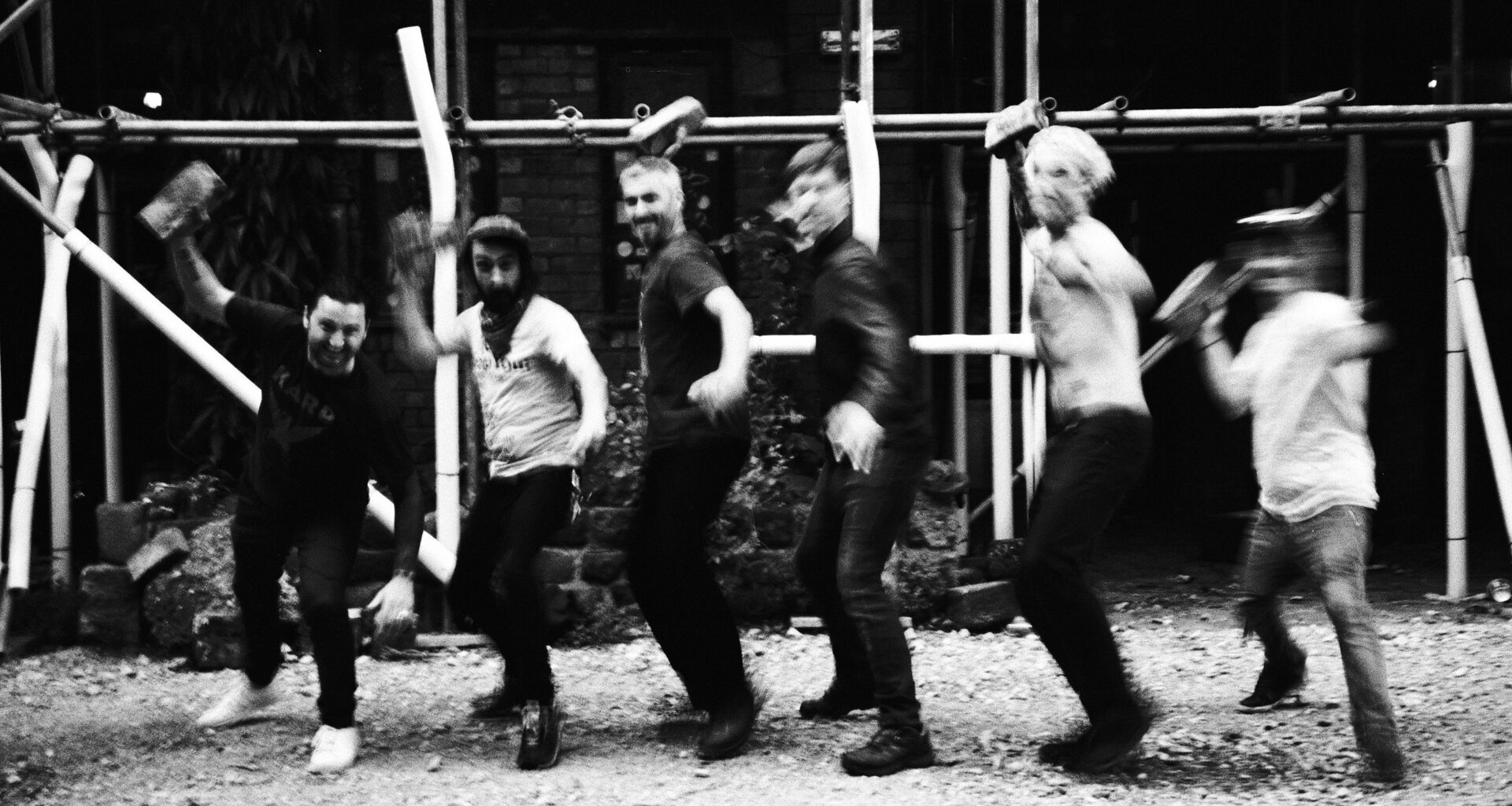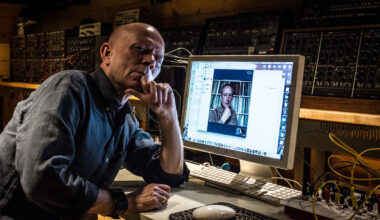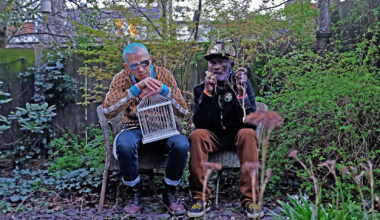Operating in various guises since 2006, Gnod‘s latest album, ‘Hexen Valley’, is inspired by the Yorkshire town of Hebden Bridge. It sees them channelling psych, electronics, noise, drone and even a bit of Lou Reed, to rousing effect
Want to read more?
Sign up to Electronic Sound Premium to gain access to every post, video, special offers, and more. 100%, all you can eat, no commitment, cancel any time.
Already a premium member? Log in here






